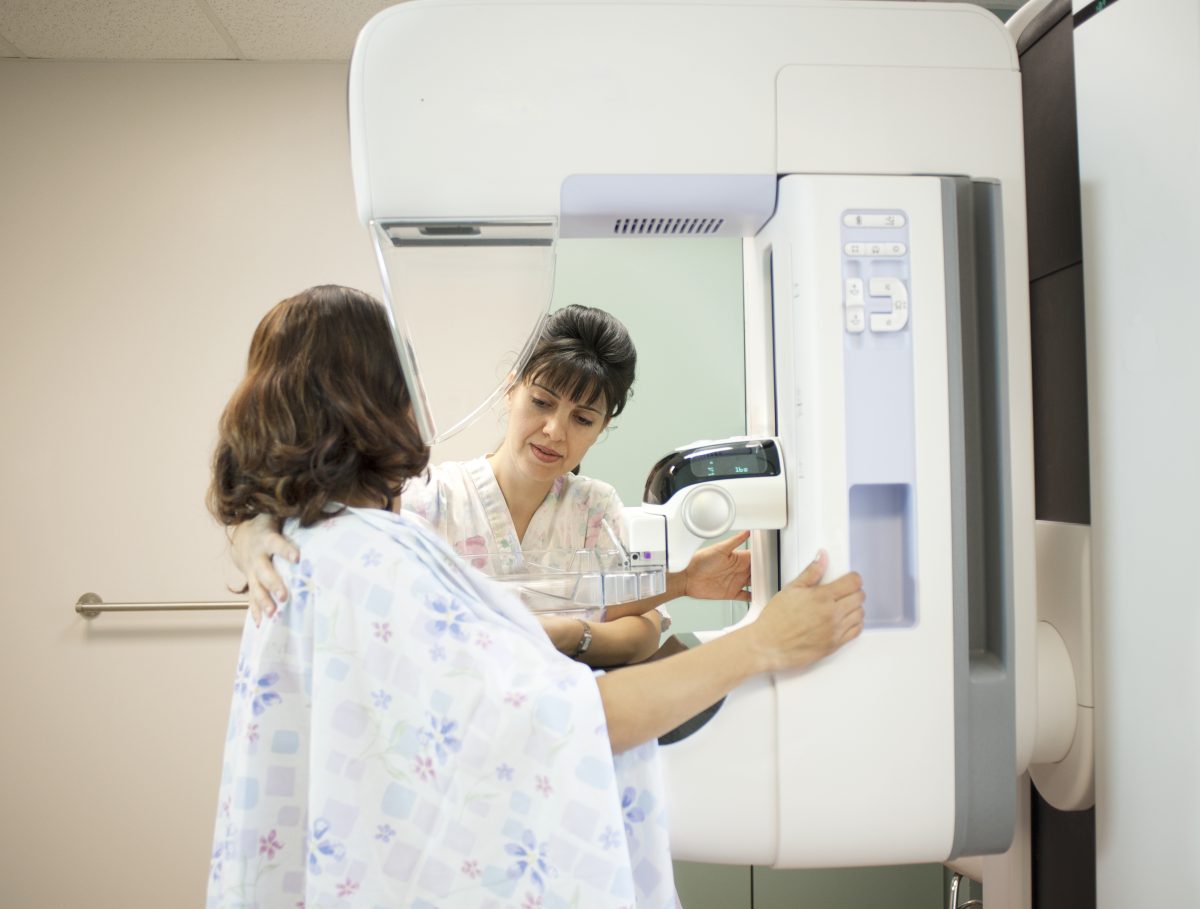What to Know
- The increase for the 2019-20 academic year brings the new charges to a total of $57,256, a 3.5 percent increase overall.
- The increase comes despite recent scandal that have rocked the school.
- Over the past six years, the increase in the average net price of a USC education, adjusted for inflation, was 3 percent.
For the second consecutive year, the USC Board of Trustees approved a 3.5 percent increase in undergraduate tuition, it was announced Monday.
The increase for the 2019-20 academic year brings the new charges for undergraduate tuition to a total of $57,256.
US News ranks USC among the top 40 Best Value Schools in the country. The university is rated third in the nation for economic diversity by US News.
However, the school has been rocked by a number of recent scandals, including a medical school dean accused of smoking methamphetamine with a woman who overdosed, reports that the school ignored complaints of widespread sexual misconduct by the longtime campus gynecologist, and most recently, a nationwide bribery and admissions scandal.
"The value of a USC degree keeps getting stronger," Provost Michael W. Quick said in a statement, despite the recent scandals. "By keeping tuition increases low and boosting financial assistance, we are providing a world-class education to a diverse and talented student body who will go on to be the next generation of leaders. We are proud of the education and the opportunities we provide to our students, and that will continue."
Over the past six years, the increase in the average net price of a USC education, adjusted for inflation, was 3 percent.
News
Top news of the day
USC holds one of the largest financial aid programs in the country, with more than $350 million awarded last year from all USC sources. Since 2008, USC student financial aid has increased 79 percent, far outpacing tuition increases.
Two out of three USC students receive some form of financial assistance.
Applicants' ability to pay is not considered during the admissions process at USC, allowing the university to attract top students from all backgrounds: 26 percent of undergraduates are from underrepresented minority groups and 21 percent of undergraduates receive Pell Grants, according to USC.
Among freshmen, 14 percent are the first in their families to attend college.
The six-year graduation rate for USC students is 92 percent. In comparison, the graduation rate for four year universities is 60 percent nationwide, and the rate for private, nonprofit institutions is 66 percent, the university said.
USC said its students leave college with lower-than average student debt. USC students accumulate about $22,000 in debt during their tenure at USC as compared to the national average of nearly $32,600 for private colleges, according to the college.
Even with the current increase, tuition revenue still does not cover the full cost of undergraduate education. Undergraduate tuition and fees cover only 76 percent of total instructional costs, officials said. The cost to students who receive financial aid averages 56 percent of the total cost of undergraduate education.



